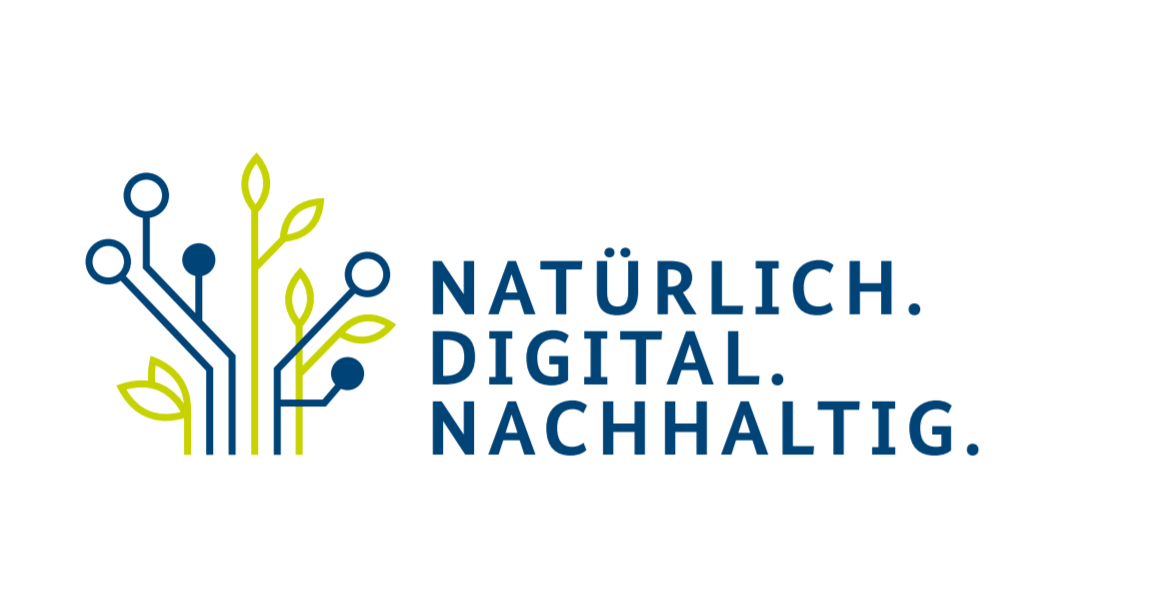Projekt DiGeBaSt starts off
Mark-free identification of logs
Timber is a valuable natural resource, which is why Fraunhofer IPM and its partners are developing a mark-free procedure for identifying logs and trunk sections. The aim of the DiGeBaSt project, which launched in April, is to be able to trace individual logs from when they are felled in the forest to when they are scanned in the sawmill. Unique structures on sawn surfaces are used to identify each log.

Who does a log belong to? How was it felled? How long has it been stored? How was it transported? All of these questions are key in enabling the modern timber industry to trade in a transparent and sustainable way. Only unbroken, fraud-proof tracking can provide clear-cut answers, but the marks and numbering tags typically used today do not adequately provide these.
Unique surface structure of wood acts as fingerprint
As part of the DiGeBaSt project (Digitalisierung Gefällter BaumStämme – Digitalization of Felled Logs), Fraunhofer IPM and its partners are developing a mark-free identification procedure for tracking individual logs and trunk sections. The aim is to enable forestry companies and forest owners to manage forests more efficiently and more sustainably. The procedure uses the unique structures on sawn surfaces as a fingerprint, meaning that no timber marking whatsoever is required. Camera images of cut areas are reduced to a simple bit sequence for the identification process; tracking can thus later be achieved by comparing new images of the same area with the corresponding bit sequence. The ID data are processed and accessed in a cloud. This enables logs to be matched to individual forest owners in a fraud-proof manner – irrespective of mixing during the felling process. This, in turn, makes payments for the harvested timber both fair and transparent, even in collective marketing scenarios. By linking ID data to geographical data and other information added along the entire process chain from forest to mill, an underlying set of base data is created that enables both economic and environmental control within the forestry industry.
More about the DiGeBaSt project
The DiGeBaSt project (Digitalization of Felled Logs) will run from April 1, 2021, to March 31, 2023. The affiliated project partners are Forstliche Versuchs- und Forschungsanstalt Baden-Württemberg FVA, Fraunhofer IPM, HSM Hohenloher Spezial-Maschinenbau GmbH & Co. KG, ForstBW A.ö.R. (project coordinator) and Karl Streit GmbH & Co. KG.
The project is funded by the German Federal Ministry of Education and Research (grant code 0033D013C) as part of its “Digital GreenTech” program.
![BMBF_CMYK_Gef_M [Konvertiert]](/en/press-publications/press-releases/digebast-project-log-identification-marker-free/jcr:content/fixedContent/pressArticleParsys/imagerow_copy/imageComponent1/image.img.jpg/1630134967271/BMBF-gefoerdert-2017-en.jpg)
